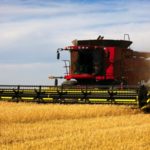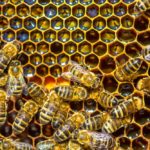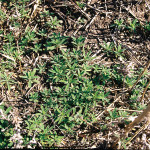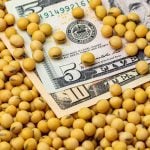
Tag Archives Pesticides

Manitoba cosmetic pesticide ban is healthy public policy
The new provincial government’s move to reopen this debate is poorly considered

German agriculture under the microscope
International Agriculture: Farmers are pursuing sustainability against a backdrop of increasing public scrutiny

Keep an eye on the customer while on the combine
Incredibly low tolerance levels and better testing make pesticide label adherence more important than ever

Leading insecticide cuts bee sperm by almost 40 per cent

Monsanto aims to give farmers better information in weed resistance fight
The company is countering its competitors who tout their herbicides as tools in the fight to avoid herbicide-tolerant weeds
Manitoba Crop Report and Crop Weather report: No. 9
Conditions as of June 27, 2016

Non-crop plants source of most pesticide contamination of bees
One of the most common sources of pollen contamination is home pest control products

Grains industry says residue issues aren’t going away
Canadian grain producers need to be more vigilant than ever about what pesticides they apply, and how they apply them

France moves toward all-out ban on neonics

Heading off Group 2-resistant weeds
It’s complicated, but picking the right rotation of crops and chemicals is key to avoiding multiple resistance


